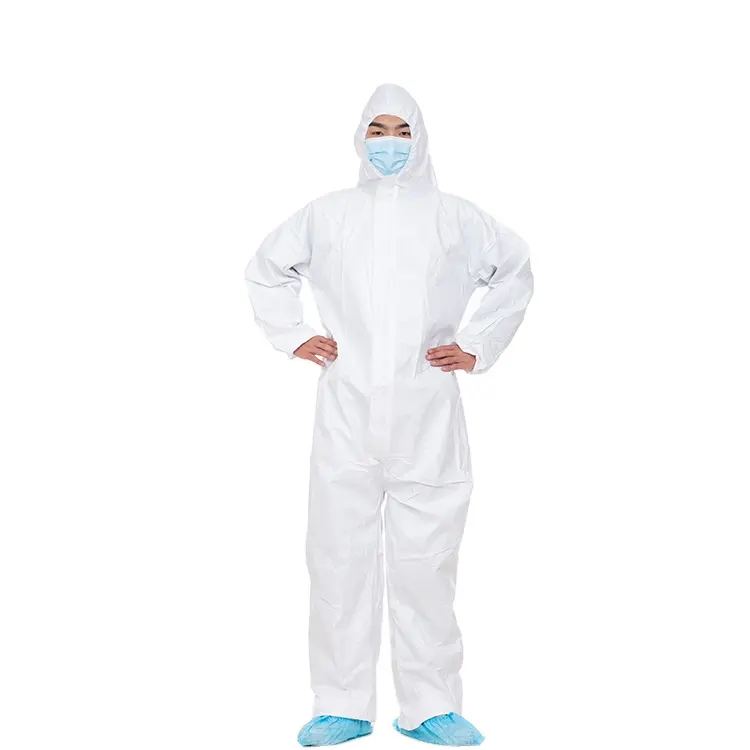“I feel this sudden unease and flashbacks, especially if I turn suddenly onto my stomach when lying down.” “It brings me back to when I was in the hospital, and I had to be in a vulnerable place to help me breathe,” a doctor who recovered from COVID-19 told Fox News.
A GERMAN STUDY FINDINGS DOGS CAN SNEAK CORONAVIRUS FROM HUMAN SALIVA.
The doctor has been discharged from hospital for several months, but still suffers the physical and emotional trauma he experienced when he was in the hospital at the beginning of the pandemic. The doctor said that his colleagues also feel the same anxiety and often wake up stressed in the middle of the night.
Rachel Potter, an licensed social worker at Mount Sinai Nationwide Jewish Well-being Respiratory Institute in New York City, has worked carefully with a number of healthcare professionals who had been contaminated by the virus following their work on the frontlines during the outbreak.
“I think there is a feeling of helplessness when you’re in the position of a sufferer throughout this pandemic. Particularly as we are still figuring out how to handle COVID.”
Rachel Potter
Potter told Fox Information that “wellness care professionals are used in offering care”, and it was particularly troubling for some of these professionals to suddenly turn out to be incapacitated.
She added, “I think there is a feeling of helplessness when you’re in the role of a patient during this pandemic. Especially since we are still figuring out how to handle COVID.”
They knew that their colleagues did not know much about the virus. They had also seen how it affected some of their own patients. Potter said that this left the doctors feeling uncertain and afraid about their own futures.
Fox News spoke to a doctor who said it was frightening to know his colleagues were fighting a “beast”, which was unknown and often unpredictable.
The doctor said, “It’s much harder to be a patient when you are a physician.” “I was not in charge of my own care, but I was on the committee. Everyone was asking me what they were doing. It was rewarding in some ways, but it also added more stress.”
The doctor stated that it was harder to be a doctor than a patient.
The doctor said, “It’s much harder to be a patient when you are a physician.”
(iStock)
According to a report published in July by the American Psychological Association, COVID-19 sufferers also experience sleep disturbance, fatigue, and mental fog.
Potter told Fox News that the “mind-fog” is making many healthcare workers fearful about their roles after returning to work. Quick decision-making, which is a key part of their job, has them worried. She noted that many health professionals who are recovering from the coronavirus may experience additional anxiety and depression.
Potter is concerned that practitioners with post-traumatic disorder from their time in the ICU or hospital beds may be triggered when they return to work, and they see their patients laying on a hospital bed. Or if they show similar symptoms as they did while they were very ill.
Potter said that it could be either triggering or give the patient a better sense of their experience.
What is better for protecting against CORONAVIRUS? A face mask or a face shield?
This is a suggestion for all health care professionals who are re-entering the COVID-19.
The help group is a chance to connect with others who share a similar experience. She said that it allows people to find common humanity. One of the tenets in self-compassion, she added, is “to acknowledge we aren’t lonely even when we feel alone.”
Potter said that a help group is a place where people can share assets and learn from others’ experiences.


